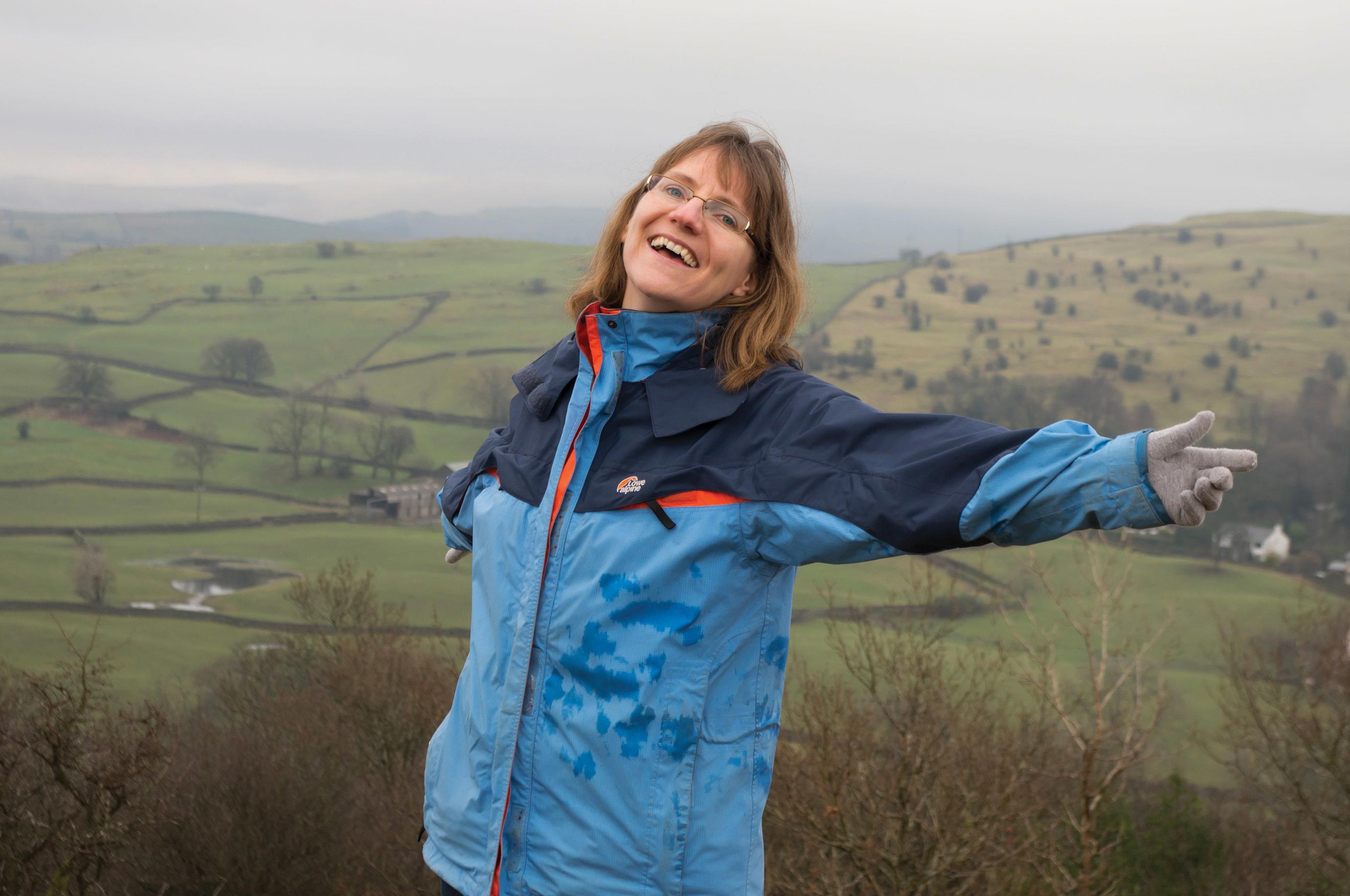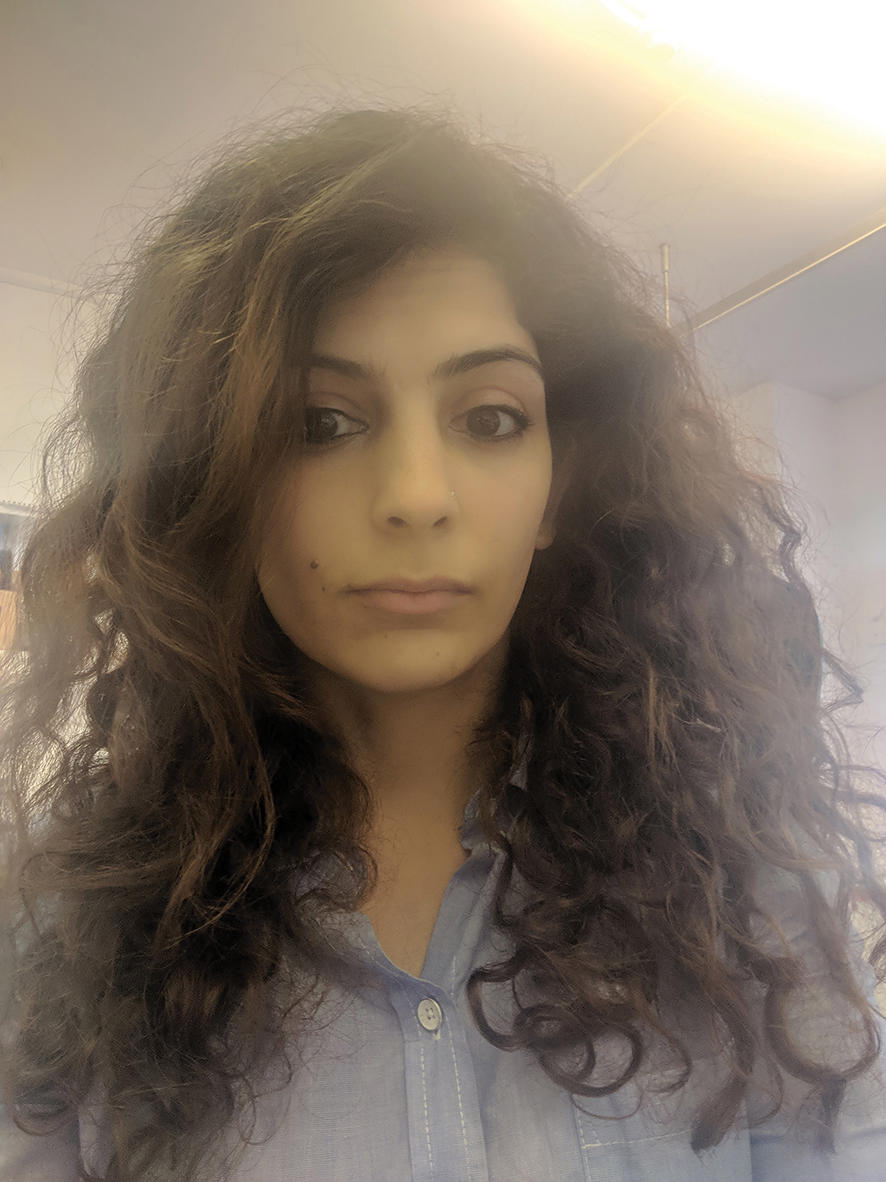The call comes and time stops. A colleague has died by suicide.
Inside, the shock, a maelstrom of raw emotion. But out there is a busy surgery, patients with needs, patients with questions.
The practice team is thrust into an emergency without a plan, let alone support, forced to improvise, bury their own grief and carry on regardless.
What happens next is the subject of a new report which offers a framework to guide practices through such a ‘major incident’, and calls for support – and just a little more compassion.
Louise Tebboth had been at her Bermondsey practice for 12 years when she died by suicide in January 2015. She was 40.
Like the rest of her team, GPs Rebecca Torry, Louisa Dove and Jasmine Nagpal were profoundly shocked.
Dr Dove, who had joined as a newly qualified GP three years earlier, had been making arrangements to meet up for a drink with Dr Tebboth the week before she died.
‘She was always the first in, often the last to leave… so accommodating, caring and compassionate…’
Dr Torry had been Dr Tebboth’s programme director when she was a registrar. She had been at Dr Tebboth’s wedding and had travelled with her to Central Asia to visit a former colleague working in a health clinic near the mountains.
‘We’d taken some cheap reading glasses and I’ll always remember Louise’s pleasure in helping people try them on.’
And Dr Nagpal, who joined the practice in 2012 as a GP registrar, found in Dr Tebboth not only a mentor but also someone who shared her commitment to social justice and the most vulnerable. They’d even been to the same school.
Five years on, they are still processing their grief, their hurt, their anger.
Grief’s different faces
 TEBBOTH: Mentor and committed to social justice
TEBBOTH: Mentor and committed to social justice
Dr Tebboth had been on sick leave for several months and had only recently confided in a few colleagues that she was struggling with depression.
Dr Torry, the senior partner, took the call from Louise’s husband, Gary, early one Saturday morning. Breaking the news to the other four partners, she sensed ‘the almost physical blow they experienced’. Between them, they rang the rest of the practice team and informed the clinical commissioning group; on the Monday, they held meetings with staff.
But surgeries continued as usual.
Dr Nagpal’s first day back at work was the Tuesday. She held her surgery sitting in Dr Tebboth’s chair.
‘Walking over that threshold was a really hard thing to do: all her things were still in that room and no one at that point felt they had the mental strength to remove them.’
Dr Dove found the first few morning surgeries gruelling.
‘I remember talking to patients, some with really trivial things, which seemed a thousand times more trivial because all I was thinking was, “my friend has just died”. I kept leaving the room to go and cry. It was just mad.’
Louise was so accommodating, caring and compassionateDr Nagpal
The poster by the reception desk announcing Dr Tebboth’s death prompted an avalanche of questions and grief in patients, too, which grew when the cause of death became known. As Dr Dove recalls, it was particularly hard for patients battling their own mental health issues. But it was tough for staff too.
‘We had to talk through somebody talking through the trauma of them losing our colleague,’ says Dr Nagpal. ‘We never got to say, “You know what? This is painful for me too.”’
As after any suicide, grief was streaked with guilt, even self-doubt. ‘A lot of our training is about risk-assessing mental health patients, so how did I not know that she had this going on?’ says Dr Nagpal.
Bureaucracy before humanity
 NAGPAL: 'How did I not know she had this going on?’
NAGPAL: 'How did I not know she had this going on?’
One of the hardest things to manage was the day of the funeral.
All three GPs are frustrated with ‘the system’ that the practice had to stay open, albeit with a minimal service, which meant not everyone could attend the memorial.
Some felt they needed to defer to others’ feelings. As Dr Nagpal puts it: ‘All of us felt like somebody else’s right to grief was greater than our own.’
Dr Dove does not hide her anger. ‘I thought the partners had done their best and any anger I had was towards the system, NHS England, the bureaucracy. How could they let us go to work? The processes and rules come above everything else, compassion and humanity.’
Dr Torry knows people were hurt, acknowledges it was a ‘mess’. ‘People since then have asked us: “What was HR doing and what about your senior line management?” I don’t think they quite understood.’ She and other partners went back to the practice immediately after the funeral.
Dr Nagpal still works in ‘Louise’s room’. For years, she treasured Dr Tebboth’s oximeter, her books, a poem on the wall about migrants – and has a strong sense of continuing her legacy. ‘We recently refurbished a few rooms and I was asked if I wanted to move and I basically just couldn’t let go.’
Everyone, in fact, is still working through what happened, including Dr Torry. ‘We were quite a strong partnership but I did feel I had a considerable responsibility, to the extent that I probably never grieved for Louise.’
Finding a way through
Dr Torry and Professor Gail Kinman of Birkbeck, University of London, are co-authors of a new report, Responding to the death by suicide of a colleague in Primary Care, published by the Society of Occupational Medicine and the Louise Tebboth Foundation.
The report offers ‘a postvention framework’ specific to the particular needs of primary healthcare organisations following a suicide. Its key contribution is a checklist of recommended practical actions at different stages throughout the first year and beyond: from how to break the news, to commemorating the loss, to supporting colleagues through longer-term distress.
Crucially, it also highlights the need for support from external sources for GP practices such as Dr Tebboth’s – small, tight-knit independents. Not knowing who to inform, let alone where to seek support, can be hugely stressful (see Farzana Hussain’s story, overleaf).
You get told from med school that doctors are at higher risk of suicideDr Nagpaul
This support might include: counselling, an external coordinator or taskforce for guidance and practicalities, mentors and peer support groups, crisis funding for locums.
Dr Torry envisages that the BMA wellbeing support services and the Royal College of GPs’ professional development unit could play roles. BMA council deputy chair David Wrigley and Professor Martin Marshall, RCGP chair, expressed their support at the recent launch event for the report.
The report recognises the service would have to be commissioned – and funded.
But help is urgently needed, says Dr Torry. The obstinacy of lingering trauma was clear in interviews for the report. ‘It struck me powerfully that they spoke of losing their colleague as if it was yesterday, even if it was several years ago,’ she says.
Battling on
Suicide postvention is as much about supporting the bereaved as preventing further tragedies – a key theme at the launch.
Clare Gerada of NHS Practitioner Health acknowledged that bereavement around a doctor’s suicide is a ‘complex space’ as professional roles become entangled with emotions. She runs a support group for those bereaved by the suicide or sudden death of a doctor or medical student, and warned against doctors ‘ignoring their own needs’.
Because tragedies such as Dr Tebboth’s death are uncommon, but not rare.
The suicide rate for female doctors has been estimated at between two and four and a half times that of the general population, and evidence suggests GPs are at greater risk of suicide than most other specialties.
But these statistics are old, and there’s a lack of any consistent collation or reporting of data for doctor suicides that might inform targeted interventions, says Dr Wrigley.
He noted alarmingly high levels of mental health issues reported in recent (anonymous) BMA tracker surveys – and continuing stigma as a barrier to disclosure.
‘Doctors just battle on and that’s just a slippery slope,’ he said.
The BMA wellbeing support services – confidential peer support and counselling available 24/7 to all doctors and medical students, as well as their partners and dependants – saw an average 47.5 per cent increase in take-up from June to September, compared with last year’s figures. Use of the BMA’s psychotherapeutic consultation service, DocHealth, run in partnership with the Royal Medical Benevolent Fund, has also risen.
A consistent, comprehensive, specialist-led occupational health service addressing the needs of all doctors, including GPs, is long overdue and ever more pressing, according to BMA GPs committee deputy chair Mark Sanford-Wood.
‘With the pressure on GPs at an all-time high, it is vital that we provide increasing support to care for them effectively,’ says Dr Sanford-Wood. ‘Occupational health providers must be given the resources they need to provide a fully holistic service able to intervene at an early stage.
‘GPs need to know that where they become damaged by the intensity of frontline work, the NHS will look after them and aid their recovery. We must all play our part in tackling the issues that lead to so many tragically avoidable deaths.’
Despite the warnings, Dr Nagpal says, self-care doesn’t come easily. She took the call about Dr Tebboth’s death in the middle of a family meeting to organise a bone marrow transplant drive for a cousin. She was the doctor: she carried on. Three other doctors she has known or worked with have died by suicide since then.
‘You get told from med school that doctors are at higher risk of suicide,’ says Dr Nagpal. ‘We can’t just accept that as a side effect of choosing to be in this job.’
Watch the launch recording
Single-handed after suicide
When Farzana Hussain’s colleague was late for work one Thursday morning in 2013, she went to his flat with police – only to find he had died by suicide. They were business partners – the only two GPs in their east London surgery – and best friends
I just sat there and cried for about half an hour, and then I called the practice. Our practice manager was really sweet and took charge. I said, ‘I’d better come and do surgery.’ And she said, ‘No, I am going to cancel all these patients, and anyone who has an emergency today will have to go
to hospital.’
The next day my practice manager had managed to get a locum in. But there were all the prescriptions to do. I think it took me an hour to do ten prescriptions in between tears. I had to keep the patients safe.
At least I had the presence of mind to work slowly.
The other thing that I found really hard was that I didn’t know who to tell. The CCG didn’t know, nobody knows these things. On the Sunday, I rang the medical director of a community trust, more as a friend, and they said, ‘You need to tell your medical director,’ but I didn’t even know who our medical director was. They helped me find out.
The medical director dropped everything and came on Monday.
I was referred to the Practitioner Health Programme – the medical director suggested that. I saw a mental health nurse, and he said, ‘I think you are going through a normal bereavement and I think you’re quite resilient. I think you’re OK.’ I didn’t feel I needed any more.
I made an appointment with my own GP because I thought I should. They gave me a medical certificate but, of course, if you’re the single-handed GP, who would you give your certificate to? The work needs to be done. I just tore up my certificate.
This article was updated on 6 January 2023

